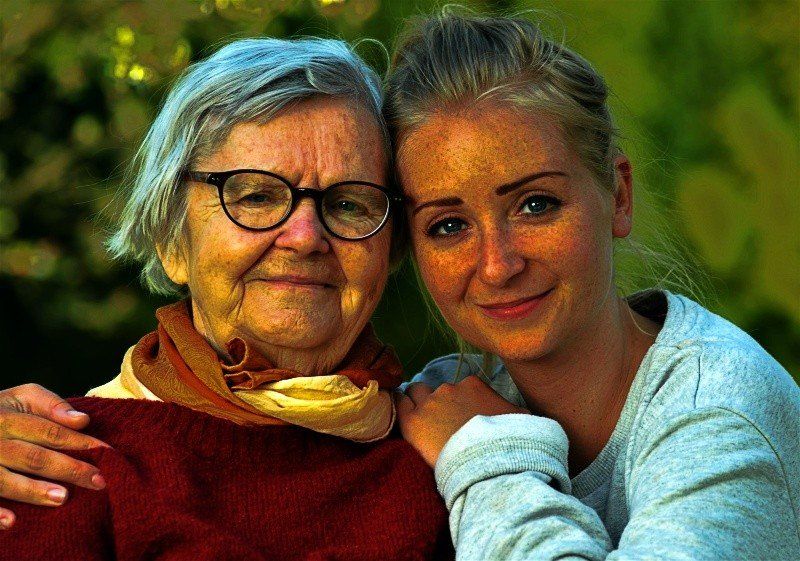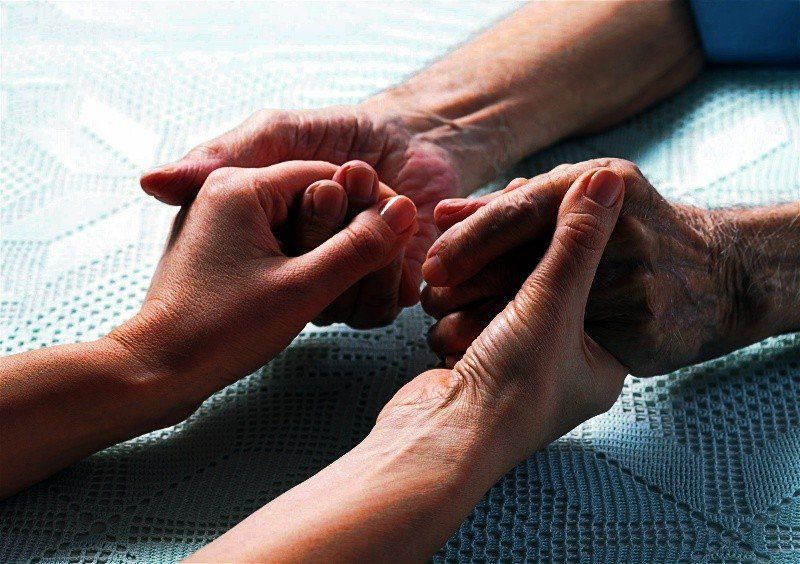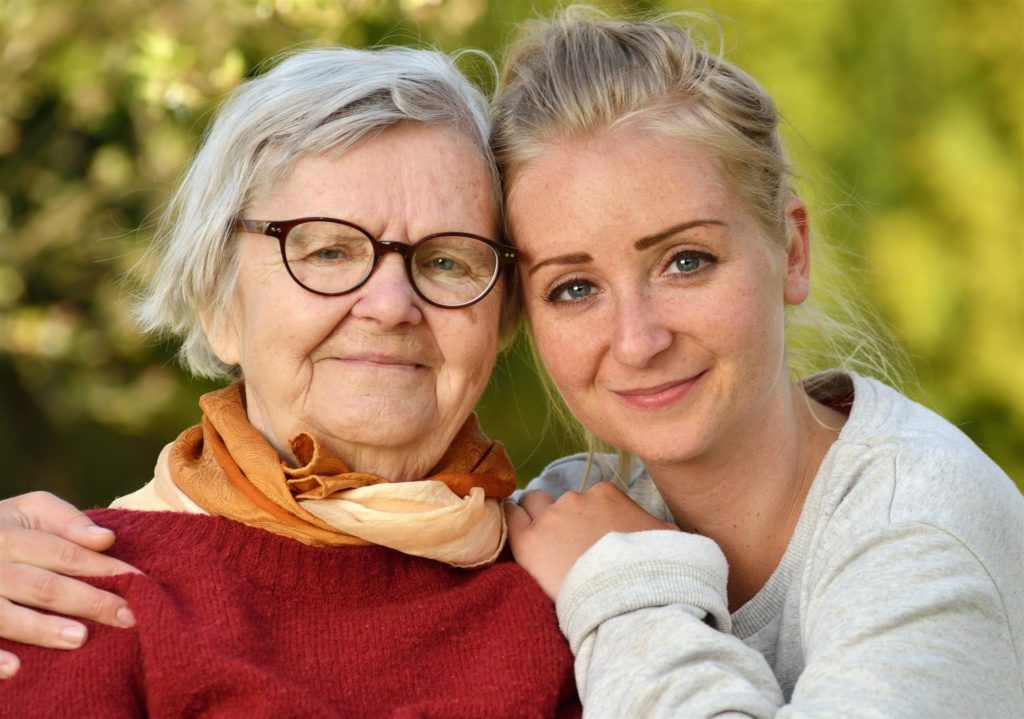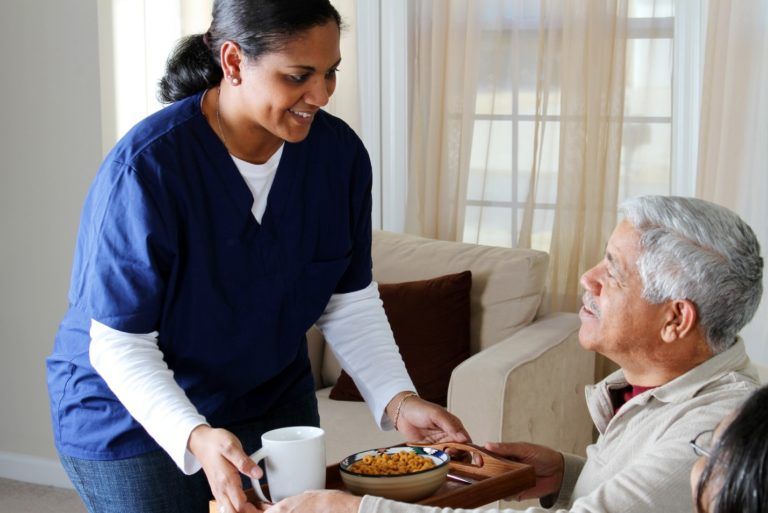What To Do After A Stroke
Your decision to bring your elderly loved one into your home is magnanimous. After all, only 10 percent of stroke victims require nursing home care. 1 Live-in assistance can make the task easier for you. It’s essential that you take care of yourself, too. Together, you’ll help your family member through the process of recovery and an improved quality of life.

What Happens During a Stroke?
An interruption of blood flow to the brain can lead to cell death, and, thus, the loss of function, depending on the area affected. 2 The cause is often a blocked artery or burst blood vessel. The good news is that the rate of strokes has declined in recent years—so much so that it has dropped to the fifth leading cause of the death in the United States. 3
Part of the reason lies with better health and improvements in risk factors such as smoking cessation, hypertension treatment, and cholesterol management. 3 Research has shown that the brain has the ability to compensate for damage such as a stroke. 4 You can remain hopeful that your loved one will have a better quality of life due to these advances in medicine.
Benefits of In-Home Care
Up to 50 percent of stroke survivors experience depression. 5 Being away from a familiar place may heighten this risk. Having your family member at home can help prevent this common condition. You can also help in the recovery process. You know them best. That puts you in an excellent position to recognize complications and changes in behavior.
You can also keep track of other factors that can increase their risk of a second event. Following a healthy diet can reduce the chances of disability or early mortality. 3 You can ensure that your relative gets adequate exercise and takes his or her medications as prescribed. Monitoring their blood pressure will also help the recovery.
What to Expect in Post-Stroke Care
You’ll find that a stroke produces physical, emotional, and cognitive effects in the aftermath. It’s a scary thing to face your own mortality. The patient may experience:
- Pain
- Paralysis
- Difficulty swallowing
- Incontinence 6
From an emotional perspective, they may feel angry or embarrassed about their condition. Individuals with cognitive impairments may experience frustration with their slow progress. These feelings are normal.
The best thing you can do is to be patient and compassionate. Remember, a healthy diet, exercise, and mental stimulation of the home environment can help alleviate post-stroke depression.

The most important advice is to take care of yourself. Don’t be afraid to seek home care assistance if you feel overwhelmed. Even if the insurance denies coverage, you may still be able to have rehabilitation services paid with the help of your loved one’s physician.
Here at Connecticut In-Home Assistance, we understand the challenges of taking care of an elderly family member. Whether you need help with housekeeping or transportation for follow-up doctor appointments, our professional and compassionate staff is there to help.
Call us today at (866) 464-9035 for a free site assessment to see how we can restore calm to your home. Let us give you the peace of mind you need during your relative’s recovery. You’re not alone.
Sources
- https://www.stroke.org/en/life-after-stroke/stroke-rehab
- https://www.mayoclinic.org/diseases-conditions/stroke/symptoms-causes/syc-20350113
- http://circ.ahajournals.org/content/133/4/e38.long
- https://www.medicinenet.com/script/main/art.asp?articlekey=40362
- http://www.strokeassociation.org/STROKEORG/LifeAfterStroke/ForFamilyCaregivers/CaringforYourLovedOne/15-Things-Caregivers-Should-Know-After-a-Loved-One-Has-Had-a-Stroke_UCM_310762_Article.jsp#.WlUKWminG01
- http://www.stroke.org/we-can-help/survivors/stroke-recovery/post-stroke-conditions/physical
The post What To Do After A Stroke appeared first on .
Share
Related Posts




